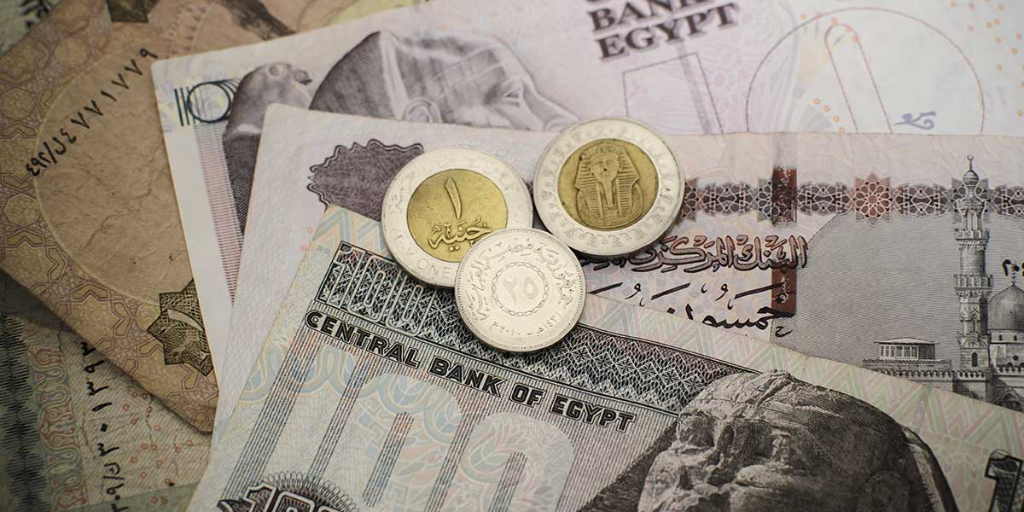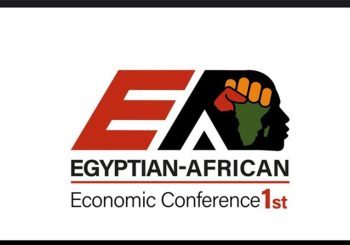After steady economic reforms, S&P Global Ratings, an American credit agency that analyzes stocks and bonds, has raised Egypt’s long-term credit rating from B- to B, marking its first upgrade in seven years.
In its statement, the agency noted that Egypt’s recent economic reforms, including the liberalization of the foreign exchange system, have boosted tourism and remittances. It also pointed to strong foreign investment in 2024, led by a USD 35 billion (EGP 1.6 trillion) real estate deal with the UAE in Ras El-Hekma.
After Egypt adjusted its exchange rate in March 2024, the economy bounced back, growing 4.4 percent in 2025 and expected to average 4.8 percent through 2026–2028.
The IMF expanded its support to USD 8 billion (EGP 383 billion), extended the program to 2026, and released several funding rounds, including USD 1.2 billion (EGP 57 billion) in early 2025 and another USD 1.3 billion (EGP 62 billion) under its sustainability program.
The government has also been working to make it easier to do business in Egypt by creating fairer rules for all companies, such as removing special tax and customs benefits that state-owned and military companies receive, expanding the tax base, and preparing some public companies to be sold to private investors.
For the first time, Egypt also shared detailed financial data for 59 public-sector agencies in its April 2024 budget. As part of its agreement with the IMF, the government plans to move some state-owned companies to the Sovereign Fund of Egypt to help prepare them for privatization.
In 2024, the government sold a 30 percent stake in the United Bank of Egypt. Upcoming privatizations include companies in banking, pharmaceuticals, manufacturing, and energy, such as AlexBank, Banque du Caire, Misr Pharma, and Gabal El-Zeit Wind Farm.







Comments (0)